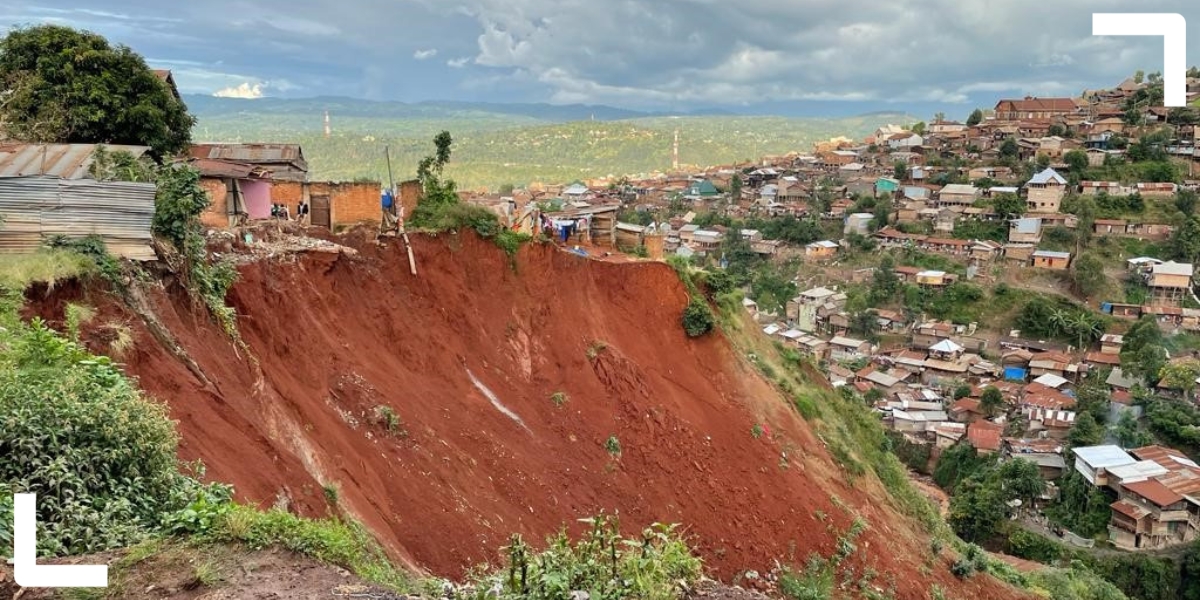ACRC has published new research, exploring safety and security in six African cities: Bukavu, Democratic Republic of Congo; Freetown, Sierra Leone; Lagos, Nigeria; Maiduguri, Nigeria; Mogadishu, Somalia; and Nairobi, Kenya.
Insecurity, crime and violence have a profound impact on the lived experiences of African city residents. They produce significant fear and suffering, often burdening women, children and disadvantaged communities the most.
Both perceived and real threats of violence can limit mobility, impacting the education, livelihoods and general wellbeing of urban residents. The prevalence of urban insecurity also shines a spotlight on governance approaches at both the city and national level, with different forms of political settlement shaping patterns of violence and responses to insecurity.
Addressing the challenges of insecurity and urban violence is therefore an urgent agenda for African cities. In this paper, authors Patience Adzande, Paula Meth and Stephen Commins argue that coalitions across community groups, informal security providers, the police and schools are critical sites for future security reform.
Research was conducted in collaboration with city-based domain teams and researchers focused on city systems and political settlements analysis. Our research challenged singular readings of insecurity within African cities through an everyday insecurities approach. Capturing the lived experiences of lower-income communities was essential to understanding safety and security in the different focus cities, with teams drawing on a mixed methods approach to gather data – including interviews, security diaries, surveys, media reports and community consultations. The lived experience approach adopted in the city studies revealed differentiated accounts and notions of insecurity, both within and between cities.
Key findings
- Safety and security relate to political, personal, social, health, financial, environmental and psychological dimensions.
- In Freetown, criminality and gang violence are key social insecurity issues, while a primary safety challenge in coastal neighbourhoods is flooding.
- Incidences of robbery, assassinations, rape and sexual violence, issues of witchcraft and fetishisms, unregulated gambling, abduction and kidnapping were widely reported in Lagos, Mogadishu, Maiduguri, Nairobi and Bukavu.
- Poverty, gender, ethnicity and displacement directly exacerbate residents’ vulnerability to insecurity.
- City studies illustrated the varied complex intersections between politics and (in)security operating across urban, regional and national scales as manifested in the different configurations of key actors, who often shaped access to resources, controlled land and determined security strategies.
The safety and security domain research findings highlight opportunities and challenges that could shape reform efforts in African cities in three key areas: what constitutes (in)security, integrating plural security governance systems, and possibilities to transform formal and/or informal security platforms into reform coalitions.
Header photo credit: Diana Mitlin. Landslide in Bukavu, DRC.
The African Cities blog is licensed under Creative Commons Attribution-NonCommercial-NoDerivatives 4.0 International (CC BY-NC-ND 4.0), which means you are welcome to repost this content as long as you provide full credit and a link to this original post.


